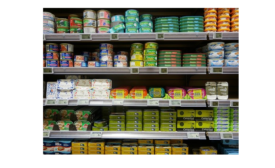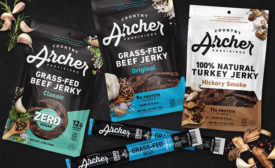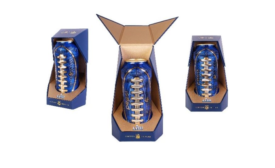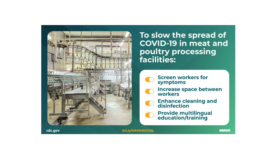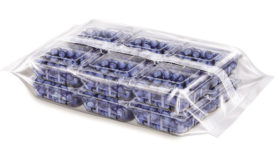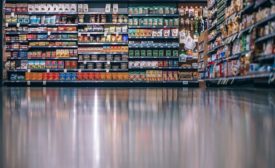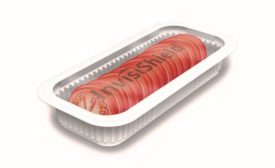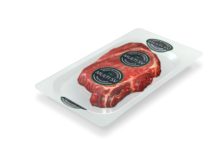Meat/Seafood Packaging
Brand Packaging: Brand (Re)New
Country Archer Updates Recipe and Branding of Beef Jerky Portfolio
May 11, 2020
Materials
Modified Atmosphere Packaging Helps to Reduce Food Waste
StePac reveals a four-pillared strategy for sustainable packaging.
April 20, 2020
Clear Seas Releases Data From Food, Beverage Manufacturers’ Perspective
Respondents show concern over economy, employee safety during pandemic.
April 9, 2020

